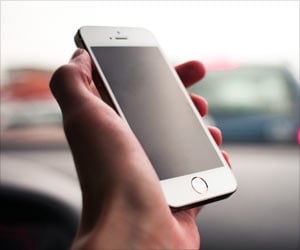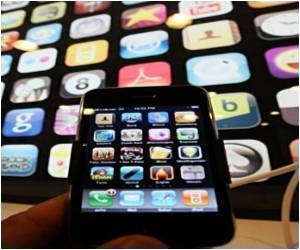- Selfie taking on smartphones is a common pastime amongst students
- Persons taking smiling selfies daily became more confident over time.
- Snapping selfies and sharing with friends and relatives elevates mood and linked to positive feelings.
- Making others happy by sharing pictures has a calming effect on the person sharing.
- Students clicking selfies may experience relief from stress caused by being away from home, feelings of isolation, academic demands and financial difficulties.
Selfie Taking As a Possible Stress Buster
Regularly clicking selfies on our smartphone and sharing pictures with friends can help make us happier, and relieve our stress, according to computer scientists at the University of California, Irvine. In a first-of-its-kind study released just before ‘back-to-school’ season, the authors found that students could overcome daily blues with a few simple, deliberate actions on their mobile smartphone devices. By conducting simple exercises using smartphone photo technology and analyzing users’ psychological and emotional state, the researchers found that photographing and sharing of certain types of images everyday can positively affect people. The results of the study conducted by UCI’s Donald Bren School of Information & Computer Sciences were recently published in the Psychology of Well-Being.Common sources of stress in a college students life include the loneliness of being away from home, family and friends. Additionally, financial difficulties, demands of college work and feelings of isolation could further add to the stress and may negatively impact their health and academic performance.
Aim of the Study
The purpose of the study, Chen said, was to help scientists understand the positive effects of photo taking on general well-being and mood of people in three distinct areas namely
- Self-perception, in which people altered positive facial expressions
- Self-efficacy, involving things they did to make themselves happy
- Pro-social, in which they did things to make others happy
In a four-week study involving 41 college students, Chen and her colleagues designed and conducted various exercises to gauge the effects of photo taking and sharing. The students, 28 female and 13 male, were instructed to carry on their routine day-to-day activities such as attending class, doing their schoolwork, and meeting with friends, while taking part in the study.
Participating students used a different App to take pictures and recorded their emotional states over the following three-week “intervention” phase.
The trial involved three types of photos that would help the researchers determine how smiling, reflecting and sharing with others might affect users’ moods.
- The first was a smiling selfie, to be taken daily.
- The second was a photo of an object that made the photo taker happy.
- The third was a picture of something the person thought would cause happiness to another person (which was then shared with that person).
- Participants were randomly selected to click photos of any one of the above three types.
Takeaway from the Study
Amidst the widespread notion that smartphones have a negative impact on its users as well as those around them, this study attempts to demonstrate that smartphones may indeed have a positive role to play in persons using it.
“The good news is that despite their susceptibility to strain, most college students constantly carry around a mobile device, which can be used for stress relief,” Chen said. “Added to that are many applications and social media tools that make it easy to produce and send images.”
“You see a lot of reports in the media about the negative impacts of technology use, and we look very carefully at these issues here at UCI,” said senior author Gloria Mark, a professor of informatics. “But there have been expanded efforts over the past decade to study what’s become known as ‘positive computing,’ and I think this study shows that sometimes our gadgets can offer benefits to users.”
To conclude with a note of caution, it may be well to remember that anything in excess is harmful, and usage of smartphones too must be limited to the extent that its benefits outweigh the health risks and other ill-effects caused. Technology used in moderation can be certainly beneficial.
Source-Medindia










